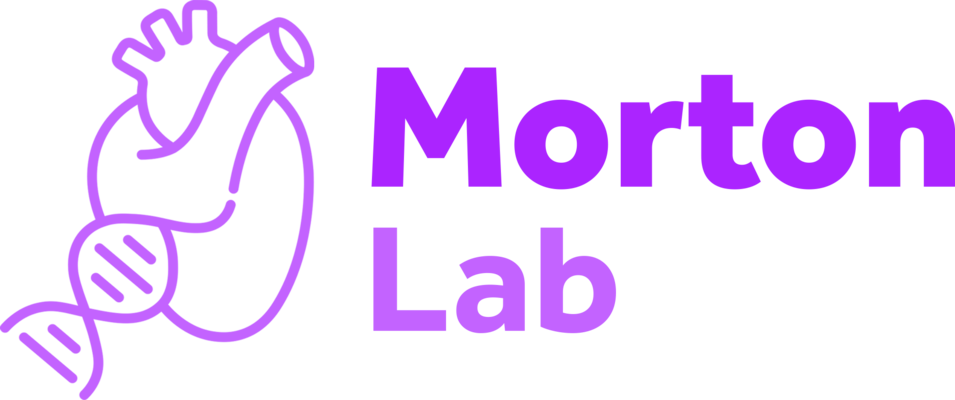Abstract
Early exposure to stress and adversity can have both immediate and lasting effects on physical and psychological health. Critical periods have been identified in infancy, during which the presence or absence of experiences can alter developmental trajectories. There are multiple explanations for how exposure to psychosocial stress, before conception or early in life, has an impact on later increased risk for developmental delays, mental health, and chronic metabolic diseases. Through both epidemiologic and animal models, the mechanisms by which experiences are transmitted across generations are being identified. Because psychosocial stress has multiple components that can act as stress mediators, a comprehensive understanding of the complex interactions between multiple adverse or beneficial experiences and their ultimate effects on health is essential to best identify interventions that will improve health and outcomes. This review outlines what is known about the biology, transfer, and effects of psychosocial stress and early life adversity from the perinatal period to adulthood. This information can be used to identify potential areas in which clinicians in neonatal medicine could intervene to improve outcomes.

